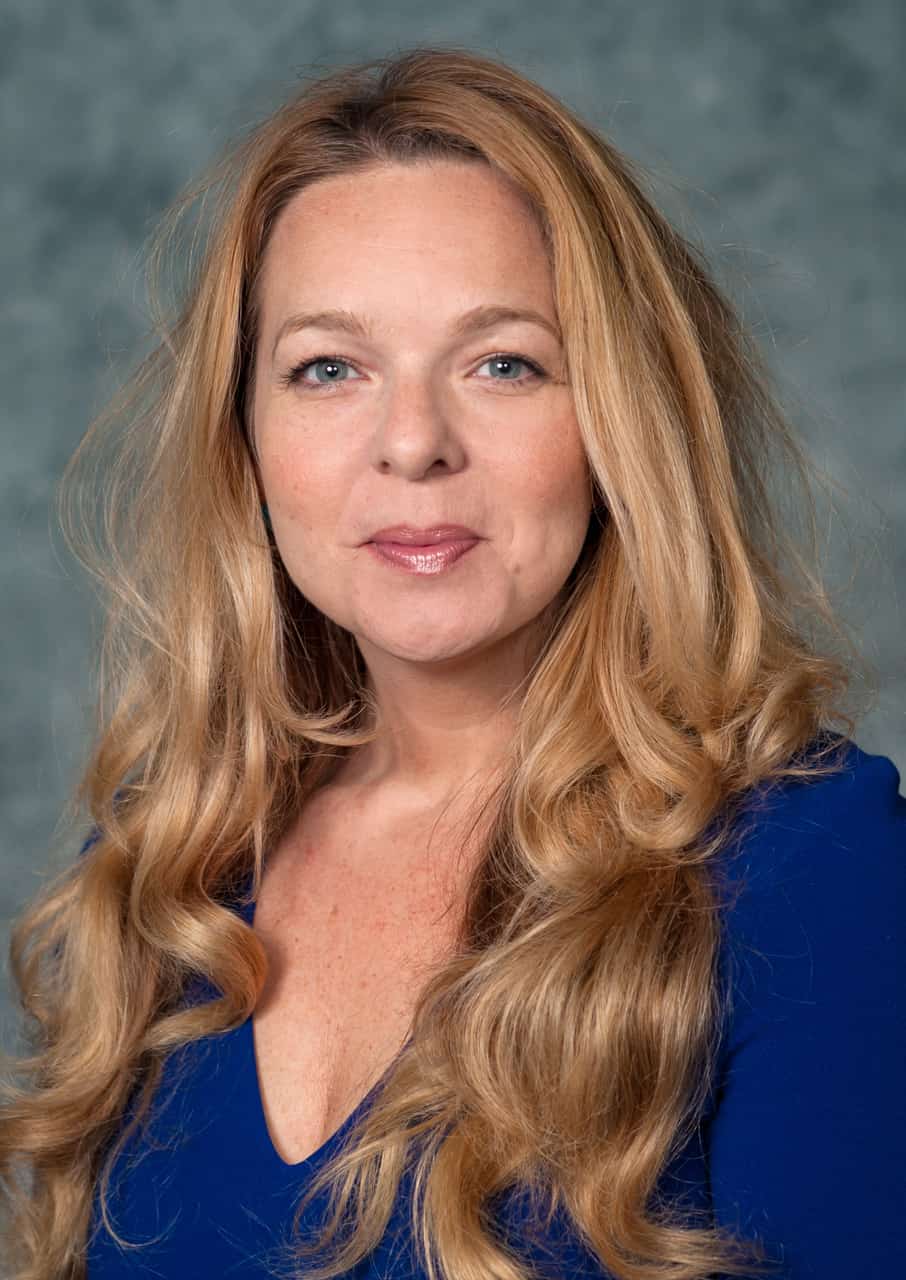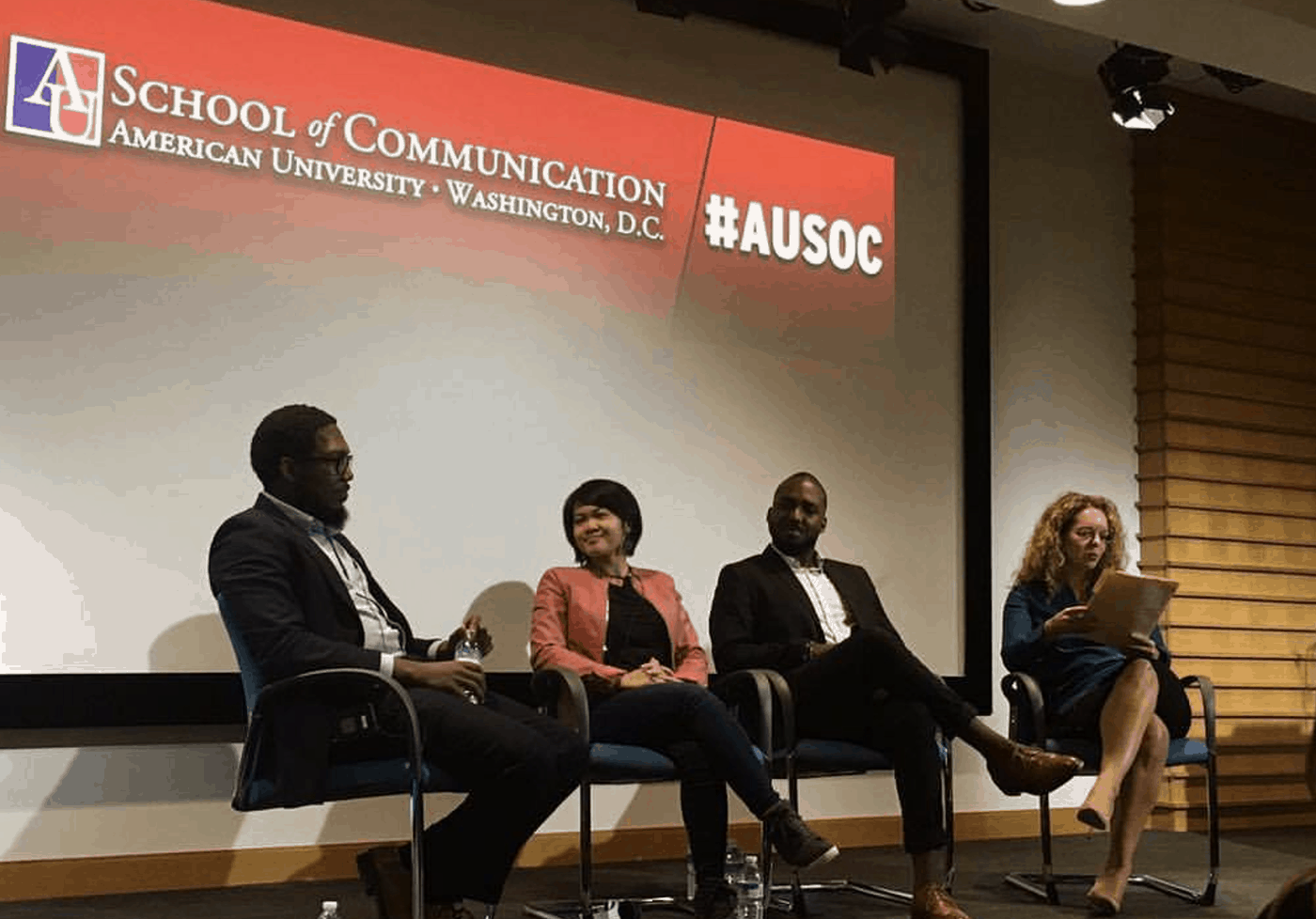On August 1, 2020, Margot Susca, who received her Ph.D. in Communication in 2012, will start a tenure track position at the American University’s School of Communication. She will focus her research on journalism and society, media ethics, and the impacts of corporate media ownership on democracy.
“My path to this tenure track job wasn’t as direct as it is for many finishing a Ph.D., but I see it as a positive,” Susca said.
After graduating from FSU, Susca had decided to focus on her family staying home with her daughter for a year before she accepted a teaching position at American University and later administratively managed their master’s program in Journalism and Digital Storytelling.
Today, she reflects on the field of Communication and how FSU impacted her experience.
SV: What are you most excited about with accepting this new position?
MS: This is such a crucial time for media and mass communication. News, social, and entertainment media play a role in every issue global societies are facing, and sometimes the media itself is the issue. From racial justice to misinformation, for-profit news, gender equity, democratic participation, xenophobia, and health, the media plays a huge role–both good and bad–in shaping perceptions, magnifying voices, and breaking down barriers. I’m excited to be able to address some of these important issues, look for solutions, and help shape the conversation.
SV: How has your career path thus far led you to this Assistant Professor position? What do you hope to accomplish in the future?
MS: I always knew I wanted to teach, and I took the first step toward that goal by earning a master’s degree in journalism from Columbia University in 2002. It was a great privilege to work as a local news reporter in Connecticut and Florida after that. Both my professional and academic credentials are an asset to my work at American University. I understand the demands of the industry, and plan courses that help students learn practical knowledge. But, I also understand and conduct critiques of media and journalism that offer a perspective that suggests neither the profit-oriented news media nor the entertainment media act in the best interest of democracy. In the future, I hope to inspire students to think critically while researching subjects that offer perspectives and solutions for citizens beyond the walls of academia.
SV: Can you speak to your experience as a Ph.D. student with us? Are there any professors who greatly impacted you?
MS: I entered FSU in 2007, and more than five years had passed since I earned my master’s degree. It was not an easy transition for me. I had become so used to the culture and expectations of my newsroom, that transitioning back to the classroom felt overwhelming. The relationships I built with my cohort and faculty kept me in school and provided exceptional experiences to learn how to be a better teacher and researcher. The students I worked alongside became close friends and collaborators. I am forever grateful to Laura Arpan, Jennifer Proffitt, and Art Raney for their time and mentorship.



